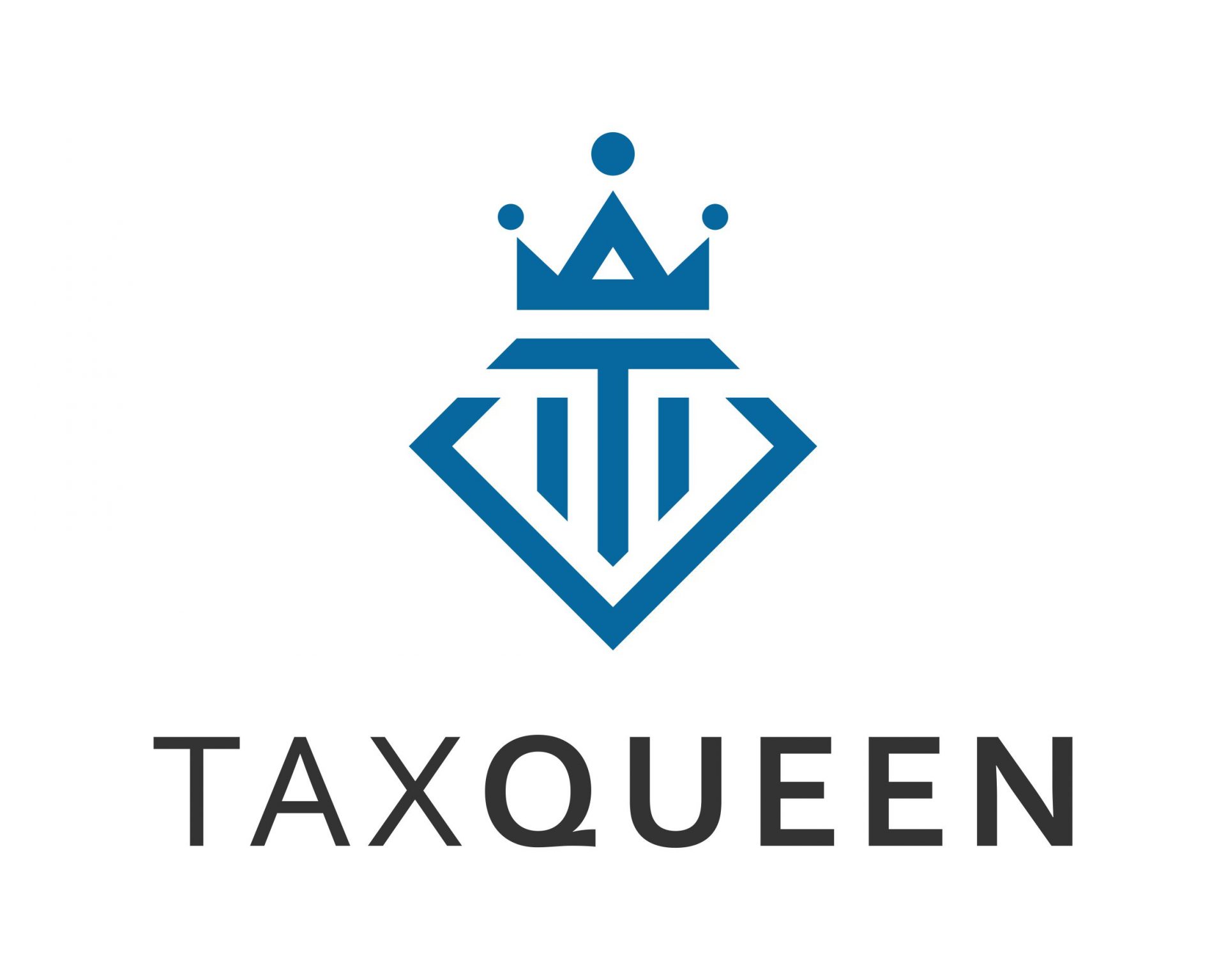When should my business create an S Corp? I hear this question all the time. S Corp is a popular and often talked about option for business owners, but you should consider this option carefully. The extra responsibilities are not a fit for all.
Let’s review insider tips, both positive and negative, so you can decide whether to create an S Corp or not.
Create an S Corp
First, review business entity choices to see that S Corp is not one of the legal entity options. S Corporation, or S Corp, is a tax election a business owner can use for tax savings. An LLC can choose this tax election and the legal entity would stay LLC. The taxable entity would be S Corp.
It’s important to understand that a taxable entity can be different than a legal entity choice.
Again, the S Corp is a tax election.
How do you make this tax election for your business?

How to Create S Corp
Becoming an S Corp is not automatic. You must request this tax status for your business including an LLC.
Let’s say you open an LLC for your business with you as the sole owner. This makes you a sole proprietor for tax purposes. You will file a Schedule C as part of your individual income tax return or 1040 (even if you file married filing jointly).
Your LLC must make a tax election (send a request) to be taxed as an S Corp. To make this tax election, you would file Form 2553.
Upon acceptance, the IRS will send you a letter to confirm the start date of the tax election and company information. From that date forward, you will file a separate tax return for the S Corp and be required to pay yourself a salary
Yes. You must pay yourself a salary as an S Corp owner. This is a MUST requirement and cannot be skipped or overlooked. This means you need to run payroll for your business including opening payroll tax accounts.
You also now have a separate tax filing (1120S) obligation in addition to your personal income tax return (1040). This is an often overlooked part of being an S Corp. The separate tax return is due March 15 and it is more complicated than a Schedule C. Keep that in mind because this can be a barrier or struggle as an S Corp owner.
These both add extra costs and responsibilities to you, as the owner, so be aware. That’s one reason why this option isn’t for everyone.
Other Items to Consider
Here are a few other rules and regulations you must comply with when you create an S Corp. You must: Have no more than 100 shareholders
-Only have shareholders who are US citizens or permanent residents
-Be a domestic corporation
-Have only one class of stock
-Distribute profits and losses according to the owners’ interest percentage
If you fail to follow any of the above rules, your S Corp status can and will be revoked.
Chances are if you’re a single-member LLC making the S Corp tax election, you will comply with the above rules. But it’s always important to know and understand all the regulations before jumping into things, right?
Lastly, the federal confirmation will allow you to be treated as an S Corp by most states. However, some states require that you make a separate election on the state level to be taxed as an S Corporation. This is on you to know the rules for your particular state.
When Does it Make Sense to Create an S Corp
If you understand the requirements and extra costs associated with becoming an S Corp and still want to make the tax election, you also need to be making enough income through your business.
I hear it all the time that my friend/colleague/Tik Tok/brother told me to be an S Corp. However, if your business isn’t earning enough money the S Corp tax election is actually a burden and not a help at all.
This can apply to businesses just getting started or those that have little to no net profit.
You’ll be sorry you made this election. It will cost you extra cash that you don’t have.
Let’s take a look at some examples:
Example 1:
Mary is a content creator just starting on her journey. She created an LLC and is excited about this endeavor.
However, she needs to consider that she won’t be able to pay herself a reasonable salary from this new business yet. Reasonable means what you might pay someone else to do that job. There isn’t a one size fits all here and it does depend on experience, geography, etc.
She also needs to think about the extra administrative costs to maintain clean books, run payroll, and the additional more complicated tax filing. Can her new business afford all these extra burdens?
Example 2:
Mary is a content creator with a few years of experience and her business is doing well. This year she’ll have about $100,000 in net profit and she expects to continue to see growth.
Now the S Corp tax election could be a benefit to her because she can pay herself a reasonable salary of $50,000 and still have extra profits. Plus, her business can afford all the extra costs like running payroll, keeping the books clean, and filing a separate tax return.
One of the biggest factors in knowing when it makes sense to create an S Corp is steady revenue or growth. If your business net profits are keeping steady year-to-year or if you’re on a growth pattern, then the S Corp might be a good option.
However, if your income is all over the map from year to year, then it’s probably not worth electing S Corp right now.
It’s important to keep in mind that everyone’s tax situation is unique. Contrary to what many might believe or hear, there isn’t a one-size-fits-all when it comes to business entities and taxation.
Consider all the factors including costs, revenue, and other income to be sure that you earn enough so that it makes sense to set up your business as an S-Corp.
Need more help? Be in touch today.







